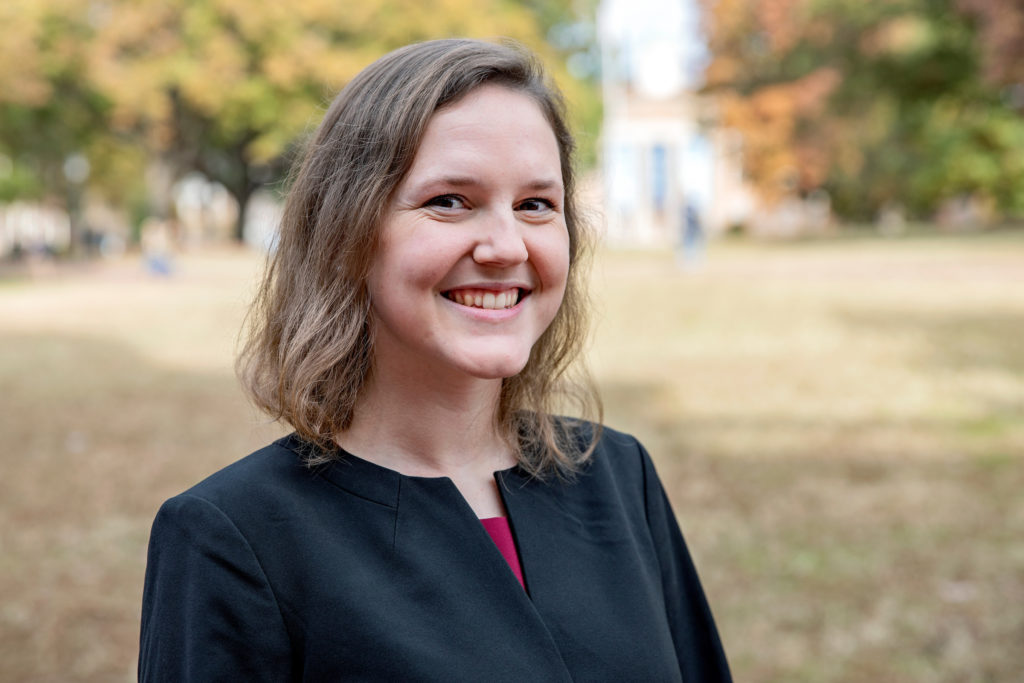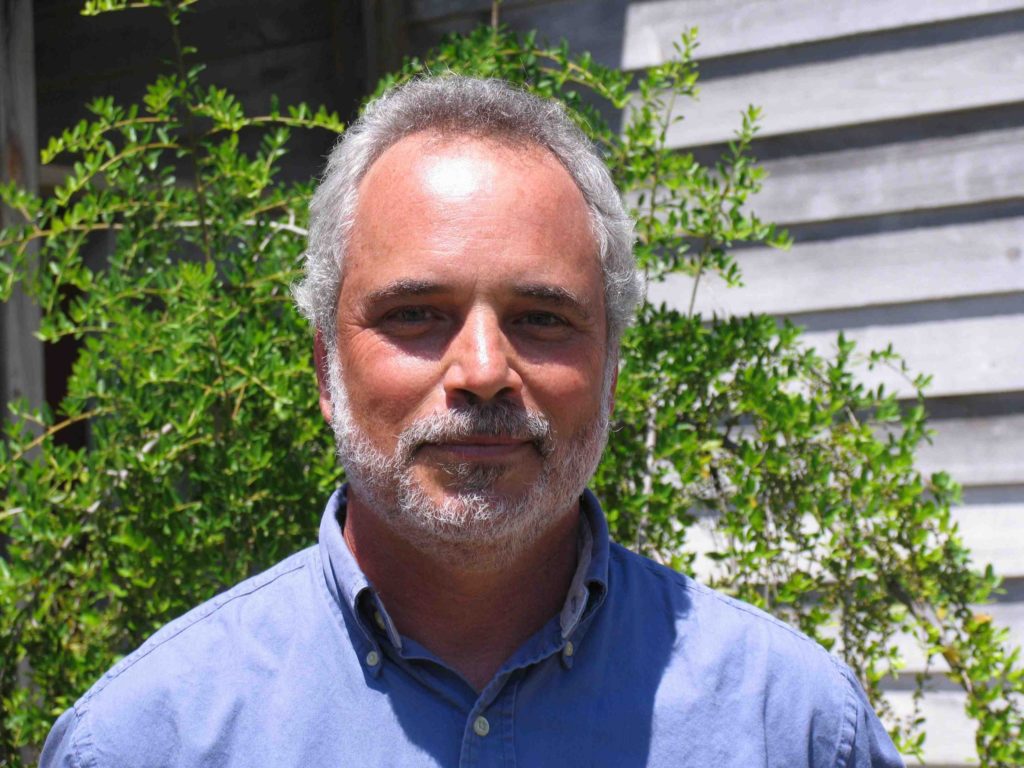
Joseph DeSimone, Chancellor’s Eminent Professor of Chemistry at the University of North Carolina at Chapel Hill, has been elected into the National Academy of Sciences, one of the highest honors that a U.S. scientist or engineer can receive.
DeSimone is one of 84 new members and 21 foreign associates from 14 countries elected into the academy. He is the 12th UNC-Chapel Hill faculty member to be elected to the academy, a private organization of scientists and engineers dedicated to advancing science and technology and their use for the public good.
DeSimone, based in the College of Arts and Sciences at UNC, also is William R. Kenan Jr. Professor of Chemical Engineering at N.C. State University.
With the new class of members announced by the academy, there are 2,152 active members and 430 foreign associates. The academy was established by Congress in 1863 as an official adviser to the federal government, upon request, in any matter of science or technology. Candidates for membership can only be formally nominated by academy members.
DeSimone has more than 280 publications and holds 130-plus patents. His work currently focuses on nanomedicine. In 2004, DeSimone and his students at UNC-Chapel Hill and N.C. State invented a new technology to create nanoparticles called PRINT (Particle Replication In Non-wetting Templates). With PRINT, DeSimone and his team were the first to successfully adapt manufacturing techniques from the computer industry to make advances in medicine, including .improved approaches to cancer treatment and diagnosis. Other projects include developing a nanoparticle vaccine for prostate cancer and creating particles that mimic red blood cells. DeSimone co-founded Liquidia Technologies, a Triangle-based nanotechnology company, to further develop the PRINT technology. Liquidia currently has its first product – a nanoparticle flu vaccine – in clinical trials.
DeSimone is also a member of the UNC Lineberger Comprehensive Cancer Center, an adjunct member at Memorial Sloan-Kettering Cancer Center in New York. and the director of both the Institute for Advanced Materials, Nanoscience and Technology and the Institute for Nanomedicine at UNC.
In 2005, he was elected to the National Academy of Engineering, also a private, independent nonprofit that provides engineering leadership in service to the nation. That same year, he was also elected to the American Academy of Arts and Sciences.




